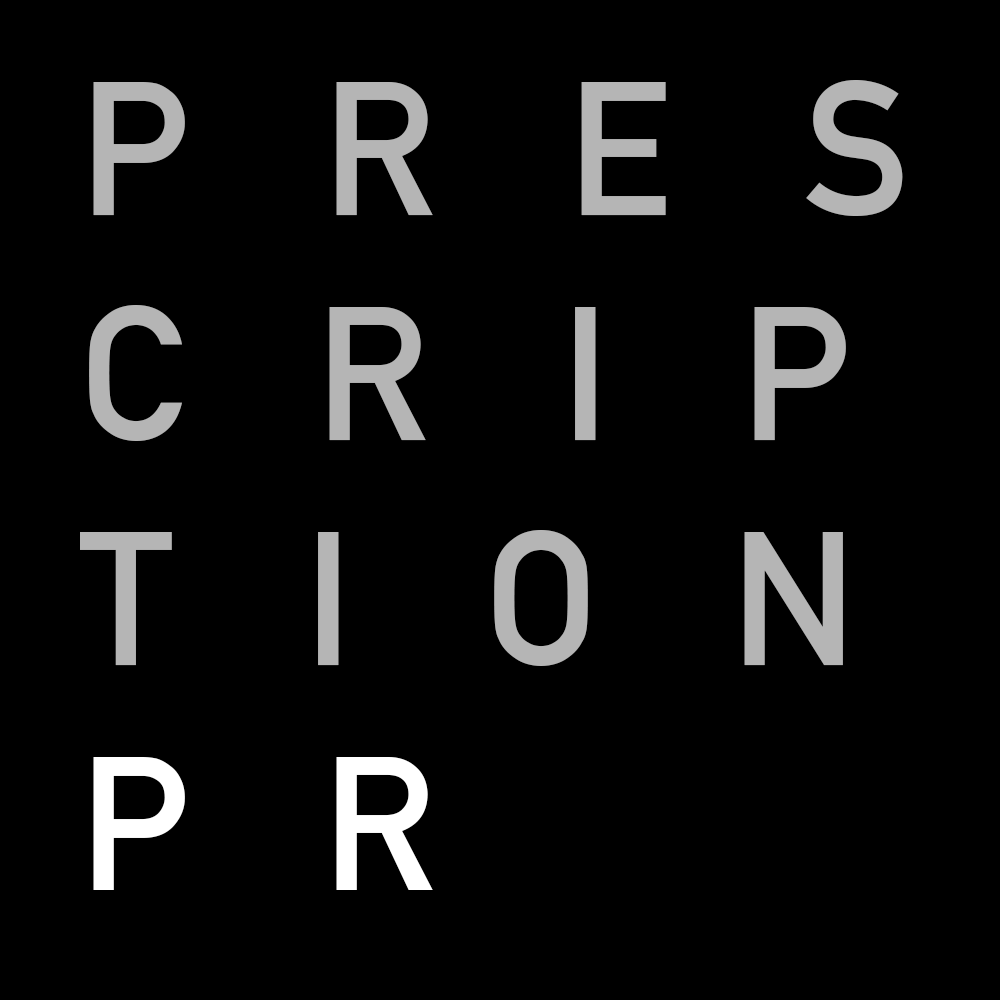How to make sure you receive the radio royalties you're owed
A radio - image accompanies article about radio royalties for bands
With touring so expensive and streaming royalties so low, it’s become harder than ever to make money out of music. One area where it is still possible to generate decent revenue however is through getting radio airplay; but often, bands concentrate so hard on getting this airplay that they forget to take the necessary steps to ensure are getting paid for it - thus missing out on income that can in some cases be quite significant. So in this post we’re going to share a few pointers on how to ensure you definitely get the dosh that is due to you from that long sought-after BBC Radio 1 (ok, Hospital Radio) spin.
But first, let’s start with a question that many bands ask: how much does each UK radio station pay you per play?
How much do UK radio stations pay per play?
Well actually, radio stations don’t pay YOU per play, they pay two royalty-collection organisations:
the Performing Rights Society (PRS for music) - an organisation that collects royalties for songwriters, composers and publishers
Phonographic Performance Limited (PPL) - an organisation that collects royalties for performers and record labels).
These two organisations then dish this income out to you (or your representatives) in various instalments. And it’s worth noting that the amount of money the radio stations pay per play isn’t static - it boils down to the size of each radio station’s listenership, which of course varies year by year.
PRS per-play payment examples
PRS members can log in to the PRS site and view a very detailed set of figures from the PRS regarding how much each station is currently paying per the PRS play - there’s a few PRS examples below for the big music stations (July 2016):
BBC Radio 1: £13.63 per minute
BBC Radio 2: £24.27 per minute
BBC 6 Music: £5.25 per minute
PPL per-play payment examples
Obtaining ‘per-play’ data from the PPL is a lot harder - despite several trawls of the PPL website, I can’t find a simple overview of royalty rates per station. (I’ve fired off an email to them however asking for data - I will update this post with relevant info when I hear back).
In the meantime the I’ve sourced some pay-per-play examples from publishing company Sentric Music’s blog:
BBC Radio 1: £37.76 per minute
BBC Radio 2: £82.07 per minute
BBC 6 Music: £8.06 per minute
(Note that this data is from 2013, so a little out of date).
The PRS and PPL also collect ‘per-play’ royalties from thousands of other radio stations across the country (not to mention TV stations too, and many other sources).
It’s easy to see why getting your hands on these royalties matter…
Even the top-line figures above give you a clear idea of why getting your ducks in a row when it comes to radio royalties matters.
For the sake of argument, suppose you are fortunate to get a 4 minute track playlisted on Radio 2, obtaining 15 plays over the space of a fortnight. Combining the PRS and PPL figures gives you a total-pay-per-play figure of £106.34 per minute. Multiply that by your total number of minutes played - 60 - and you'd end up generating £6830.40 in royalties in just two weeks. And that’s just from one station - getting playlisted on Radio 2 often leads to playlisting on many other stations across the country too, which will further increase your radio royalty revenues.
Of course, deductions will need to be made from any income generated by radio play - depending on your situation, managers, labels and publishers will all be taking their slice of pie, but it’s a sizeable sum to kick things off with.
How to ensure you don’t leave your radio money on the table
So, now that we’re all drooling at the prospect of Radio 2 playlisting and making nearly £7k in a fortnight, it’s time to look at how you avoid leaving that sort of money on the table. Thankfully, this is relatively straightforward (if a bit time-consuming).
First, ensure that you become a member of PPL and the PRS. Without this membership, it is next to impossible to get paid royalties for radio play.
Second, obtain ISRC codes from the PPL for the tracks you intend to send to radio. These allow radio stations to identify you as the owner of the track.
Third, encode these ISRC codes on your CDs and MP3. Generally a mastering engineer or CD manufacturer can help you with the former, and you can use software like KID3 to add them to MP3s.
Fourth, register the individual tracks with PPL and the PRS. (Where PPL is concerned, you’ll need to have a list of all the performers on the tracks to hand, along with their PPL numbers).
Finally, you may find it beneficial to involve a publisher or a publishing administrator in proceedings, as they will be familiar with the whole process and may be able to speed things up, highlight any errors or suggest ways that you can squeeze a bit more revenue out of proceedings. As a starting point though, the above steps will offer some important protection against missing out on radio royalties.


